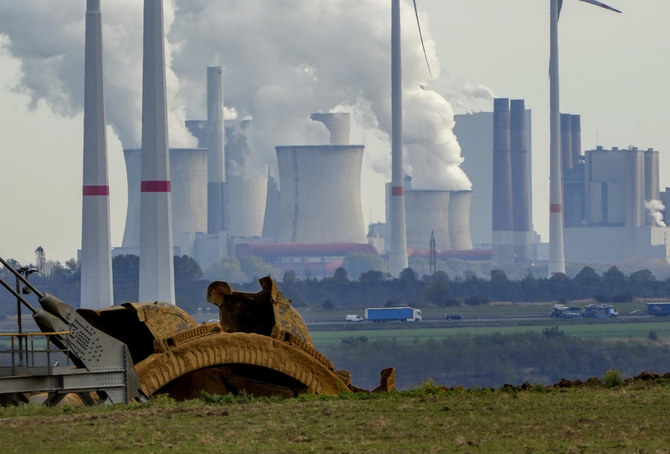The United Nations on Thursday called for nations at the upcoming COP26 climate change summit to increase funding for developing countries to adapt.
Climate adaptation means adjusting to the current effects of climate change and preparing for its predicted impacts in future.
The approach is crucial in developing countries, which are more vulnerable to extreme weather caused by climate change — floods, drought, heatwaves and wildfires, for example.
The UN’s trade and development agency said Thursday that a round-the-world effort was needed to address the climate crisis, with a focus on helping poorer countries adapt to changing weather.
“Climate change has no borders. So our strategy to adapt to it must be globally coordinated,” UNCTAD chief Rebeca Grynspan told reporters.
“Aligning ambition and action will require… a concerted effort at the multilateral level to ensure adequate funding for developing countries to adapt to the worsening impact of ever-increasing climate change events.”
The cost of adapting to climate change in developing nations could reach $300 billion in 2030 and, if mitigation targets are not met, up to $500 billion in 2050, said UNCTAD.
However, current funding levels are less than a quarter of the amount envisaged for 2030, and the report warns that relying on private finance will not serve the countries that need it most.
UNCTAD called for debt relief and restructuring for developing countries and for increased availability of capital for multilateral development banks.
UN economists have said that this capital could be financed by green bonds or by reallocating subsidies from fossil fuels.
According to the UN, the economic losses from climate disasters are proportionally three times worse in developing states than in high-income countries.
The landmark COP26 climate change conference kicking off Sunday in Glasgow is being billed as the best chance to reverse catastrophic climate change before it’s too late.

